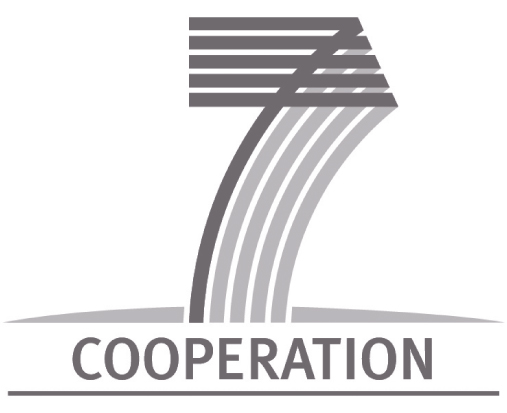|
Spatial Analysis of Rural Development Measures
Providing a tool for better policy targeting
Stronger accountability requirements and EU budget constraints will increase the pressure
towards policies targeted on specific objectives such as the provision of public benefits
(environmental, rural, social). For the EU`s rural development programmes 2007-2013 Member
States are requested to collect indicators on characteristics, needs, expenditures and results.
Additionally, managing authorities in some Member States have created GIS-based databases with
a huge amount of data related to area-based measures. What is lacking is analysis in which
these data sets are combined with other indicators at a high level of regional disaggregation.
The FP7 EU project SPARD deals with this research question.
The main objectives of SPARD are
- to provide a framework for organising the collection and the use of regional key baseline
data and evaluation results of Rural Development Programmes other statistical and economic
information in a systematic, clear and concise way;
- to explain the causal relationships between regional characteristics and needs, on the
one hand, and the Rural Development Programmes implementation and success in their spatial
dimension, on the other,
- to develop and apply a spatial econometric modelling approach
- to build a tool that will help policymakers, both at EU and Member States/ regional
level, to design better targeted Rural Development Programmes
EU FP7 Collaborative Project
funded under the Theme "Knowledge - Based Bio-Economy (KBBE)
", Priority Area
"Socio-economic research and support to policies"
Project number 244944
| Duration |
April 2010 - March 2013 |
| Scientific officer |
Dr. Hans-Jörg Lutzeyer, DG Research E 4, Brussels, Belgium |
| Project coordinator |
Dr. Annette Piorr, Leibniz-Centre for Agricultural Landscape Research
(ZALF), Germany |
| Budget |
1,9 M € |
| 










